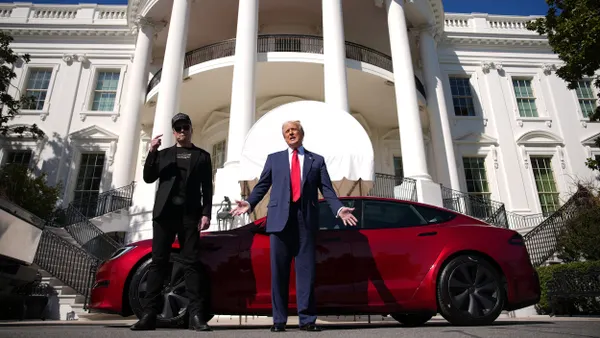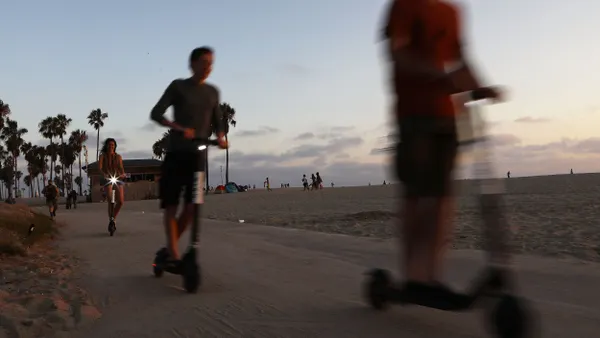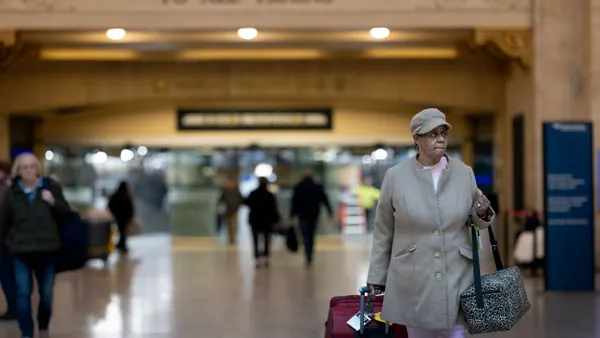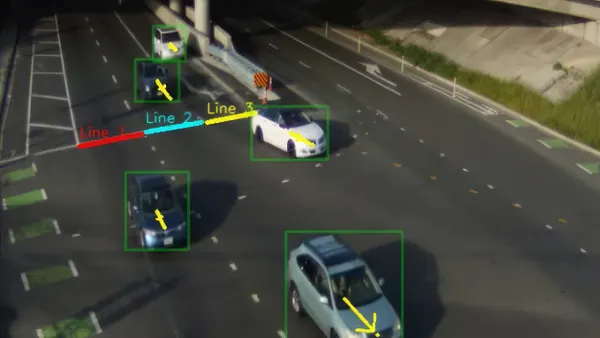Dive Brief:
- Researchers at the University of Texas at Austin released findings in March from a nationwide survey tracking changes in travel behavior and demand.
- The U.S. Department of Transportation provided a $4 million per year grant over five years to fund the “Transportation Heartbeat of America” survey. The grant award was announced February 21, 2023.
- Survey respondents saw private vehicle ownership as a necessity, with more than 42% saying public transit is difficult or impossible for them to use.
Dive Insight:
The survey of more than 8,000 people, led by the DOT’s National Center for Understanding Future Travel Behavior and Demand, aimed to capture how Americans feel about their alternative transportation options.
Survey respondents “love [their] private vehicles,” said Chandra Bhat, an engineering professor at the University of Texas at Austin who worked on the survey. The survey found that 85% of respondents somewhat or strongly agreed that owning a car is important to them and more than 90% of households own a car.
Bhat said low gas prices are one reason for the country’s high level of car ownership. “I know people will start immediately jumping if gas costs go up by 30 cents or 40 cents,” he said.
Many respondents said they have limited transportation options, with 60% reporting they have no reasonable alternative to their current mode of transport. “It's a chicken and egg problem,” Bhat said. “Give me some good options, and then maybe I will ditch my car.”
More than half of respondents said they would not feel comfortable using an autonomous vehicle if it became available to them, even as these vehicles become increasingly common in U.S. cities. Waymo, in partnership with Uber, began robotaxi service in Austin, Texas, this year. Uber CEO Dara Khosrowshahi said the two companies will soon launch a similar offering in Atlanta as well.
The survey also asked respondents about New York’s first-in-the-nation congestion pricing program, a controversial policy the Trump administration is trying to end in New York City.
The survey, which collected almost 90% of responses before congestion pricing was implemented in January, found only minor differences among residents of New York urban areas and the rest of the country, with up to 65% seeing the program as unfair. After congestion pricing was implemented, less than 40% of respondents who lived in the New York urban area viewed the policy negatively.










